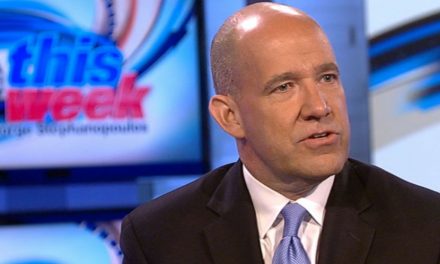I am struck by the imagery of light and darkness in this Sunday’s readings. “You are the light of the world,” Jesus proclaims in Matthew’s Gospel, insisting that the lamp is not “put under a bushel basket; [but] it is set on a lampstand, where it gives light to all in the house.”
Facing the prospect of at least two more weeks of winter in Wisconsin (if, against all odds, Punxsutawney Phil actually got things right this year), I appreciate the significance of light in the darkness. There is much joy in finding a few extra minutes of sunshine each day and a genuine sense of hope as I envision what is to come in the summer.
Unquestionably, the light imagery plays on these hopes. After all, Christmas occurs just a few days after the longest night of the year for a symbolically significant reason. Nevertheless, the focus of the light in today’s readings is about something even more precise than the hope that we feel for longer, brighter days every year. If we look closely at how this image is used, we will see that there is a moral significance to the light that Christians are called to bring to the darkness.
The responsorial psalm, for instance, explains that “Light shines through the darkness for the upright.” Isaiah, meanwhile, extolls the importance of living in a manner that aligns with God’s compassionate love for all, especially those who are oppressed. By taking care of the hungry, the homeless, and those without clothes, Isaiah insists, “then your light shall break forth like the dawn.” The point of the light in these instances is to allow God’s gratuitous love for all to break into the darkness by actively embodying that very love in our interactions with others.
Although the reading from Paul’s First Letter to the Corinthians does not employ this same light imagery, he nevertheless points to a similar concern. “My message and my proclamation were not with persuasive words of wisdom,” he offers, “but with a demonstration of Spirit and power.” In other words, Paul was able to reveal the truth of Jesus Christ, crucified, not through his words but through his deeds. He shone a light that was meant to inculcate insight via action and example, not rhetorical flourish.
Ultimately, the Gospel reading illustrates these connections most explicitly, as Jesus closes his discussion of how his disciples are the light of the world with the exhortation, “Just so, your light must shine before others, that they may see your good deeds, and glorify your heavenly Father.” The way to be the light in the darkness, Jesus reveals, is through the good deeds that show God at work in the world.
As a moral theologian, I find myself making sense of this application of the light imagery through the notion of virtue ethics. Virtue ethics, which emphasizes the importance of an agent’s moral character, begins (in its Thomistic version) with the foundational assertion that agere sequitur esse—action follows being. Jesus insists to his disciples, you are the light of the world, proffering an ontological assessment and then goes on to demand that the people who are this light must act like it in the world. The transformation of being has already occurred through Christ, now action must follow.
Naturally, one is quick to wonder what that action might look like in practice. Given the concerns identified in Isaiah this Sunday, I would say the works of mercy are a good place to start: feed the hungry, give drink to the thirsty, clothe the naked, shelter the homeless, care for the sick, visit the imprisoned, bury the dead and counsel the doubtful, instruct the ignorant, admonish the sinner, comfort the sorrowful, forgive injuries, bear wrongs patiently, and pray for the living and the dead. At the same time, there is also an appeal to justice in the Psalm, which means that these private acts of mercy must not be set against the structural concerns of justice but should instead complement larger concerns for the root causes of the wrongs the works of mercy seek to right. In this way, one can more faithfully incarnate what the USCCB describes as the “two feet of love in action,” serving as a powerful light in every corner of the darkness.
If we were all ready to accept our identity as the light that Jesus describes, and to assume that action follows being as the virtue ethicists maintain, then we might come out from under our bushel baskets and sow the seeds of a brighter future.



